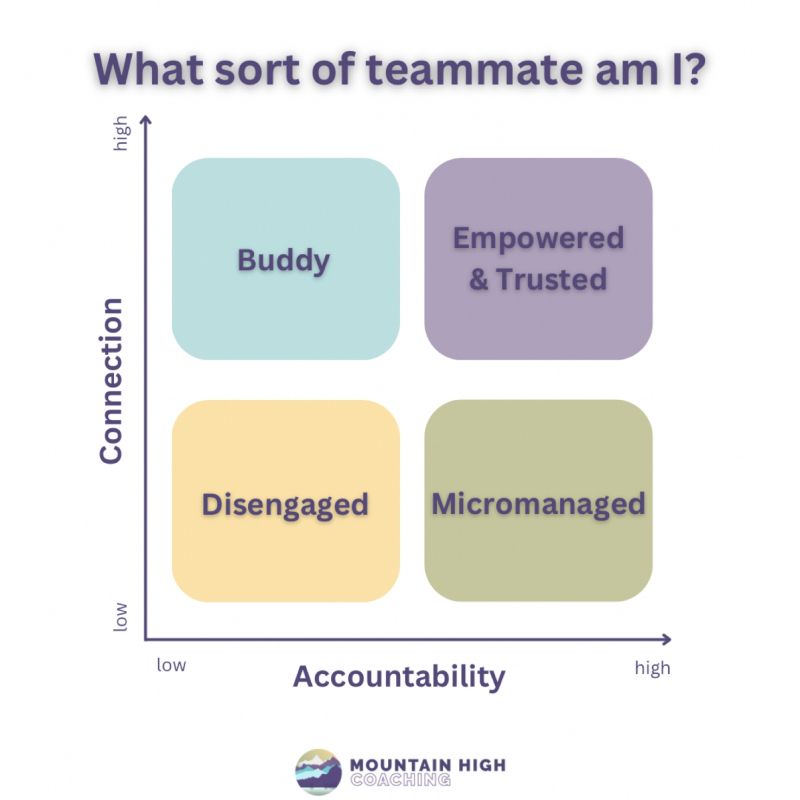Have you ever been gaslighted at work? Or has someone rolled their eyes at you in a team meeting, maybe even yelled at you? Or belittled you? Or repeatedly interrupted you?
Perhaps you’ve been blamed for something you didn’t do? Or been given the silent treatment?
How about the classic passive aggressive veiled threat of ‘just CC’ing my boss so they’re aware’ in an email you’ve received from a colleague?
Malicious gossip? We’ve all come across that at some point.
These are just some common examples of toxic behaviours found in (and out of) workplaces.
All equally destructive and undermining to building trust, co-operation and connection, and unleashing creativity, innovation and problem solving.
Debate, disagreement, and conflict are commonplace too. And healthy and necessary behaviour of highly effective teams.
You need conflict for, as an example, taking a good idea and making it great. It may even mean the difference between a narrow, short-sighted solution to a perceived problem, and a robust solution, considered from multiple perspectives and systemically stress-tested, to a well understood problem.
Toxic conflict, however, riddled with blame, disrespect, stubbornness, the need to be right, deflection and negative arrogance, never truly solved anything.
Imagine the stress and impact on your health of working in a toxic waste dump every day with no protective gear.
And imagine how powerless, insecure and insignificant people can feel working in an environment where the behaviours are toxic, and there is no accountability or consequences.
A toxic waste dump will usually first affect your physical health, and then your mental health.
An environment with toxic behaviours will usually first affect your mental health, which will go on to affect your physical health.
We notice toxic behaviours in others very easily. We see it all around us.
What we often fail to recognise is when our own behaviours are toxic.
Check in with yourself:
❓Do you ever gossip and say unkind things about your colleagues behind their backs?
❓Do you roll your eyes, secretly or otherwise, when the team know-it-all is hogging the conversation again?
❓Have you ever cut off someone mid-sentence, not apologised, and not let them finish?
❓Have you ever taken the credit for someone else’s success?
❓Have you ever sacrificed curiosity just so you could hold onto your own position?
We’ve all behaved poorly at some point.
Those in glass houses shouldn’t throw stones.
Instead, it takes a collective effort and the will to see and point out the broken panes of glass, to put the stones down, to acknowledge the fragility of trust and connection, that none of us are perfect, and to figure out together, adult to adult, how to work together and relate in a way that doesn’t cause damage, but allows people to grow and thrive.
Which is the whole point of a glass house, isn’t it?









